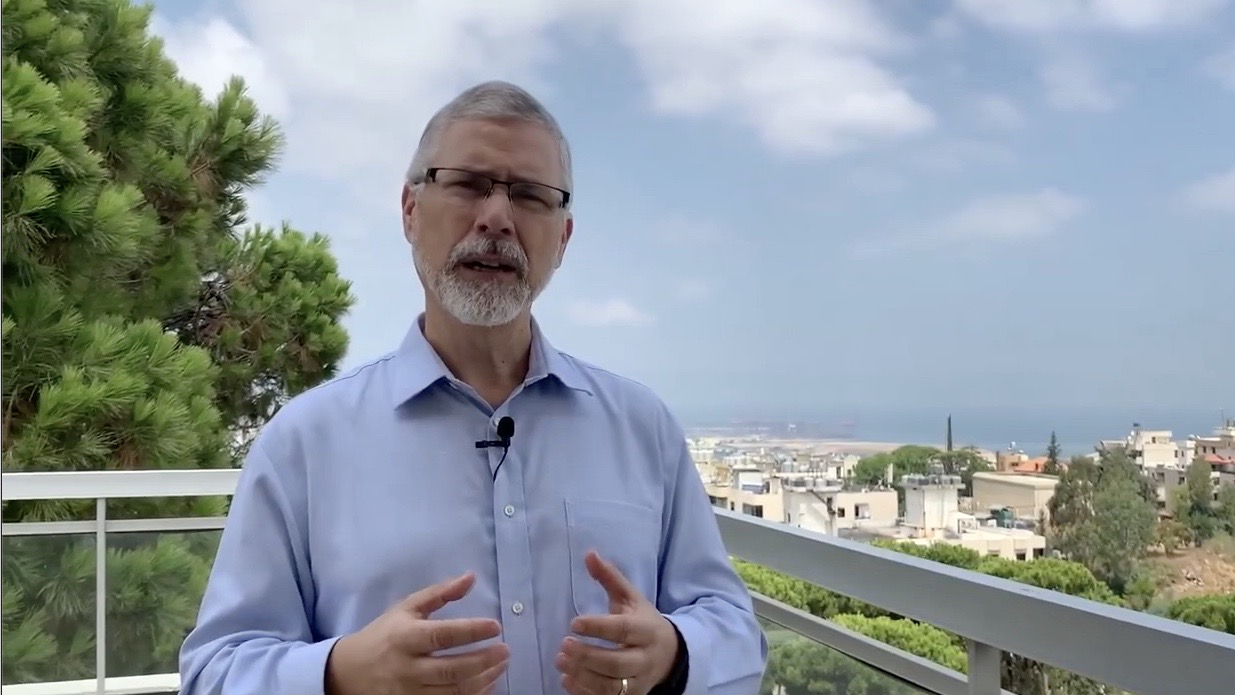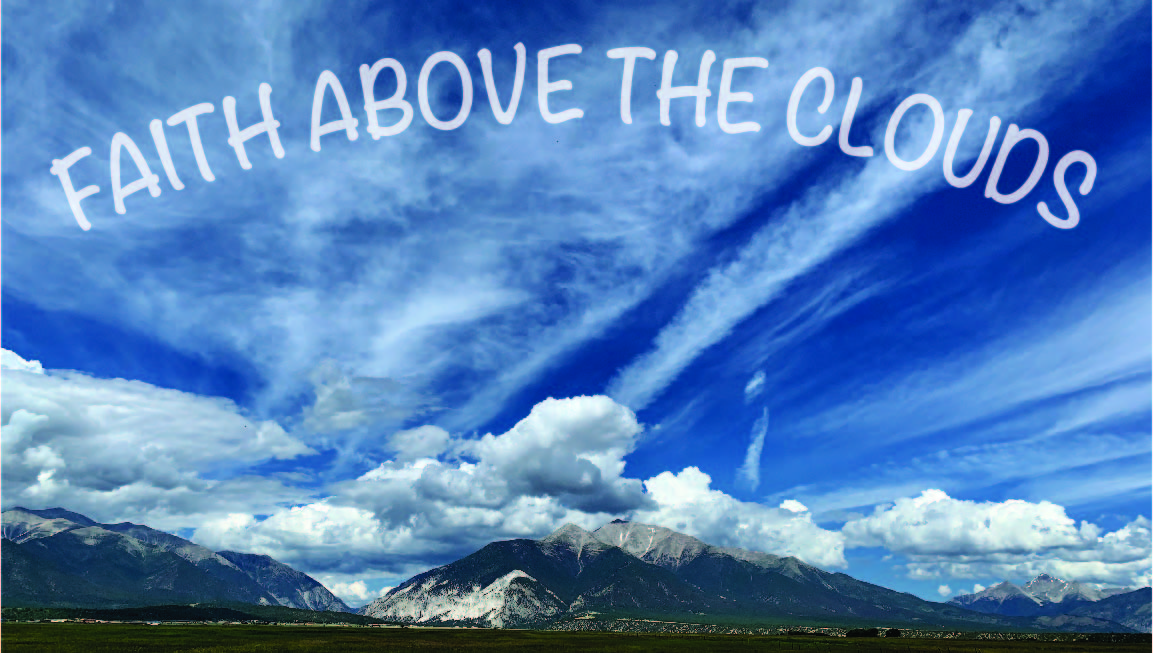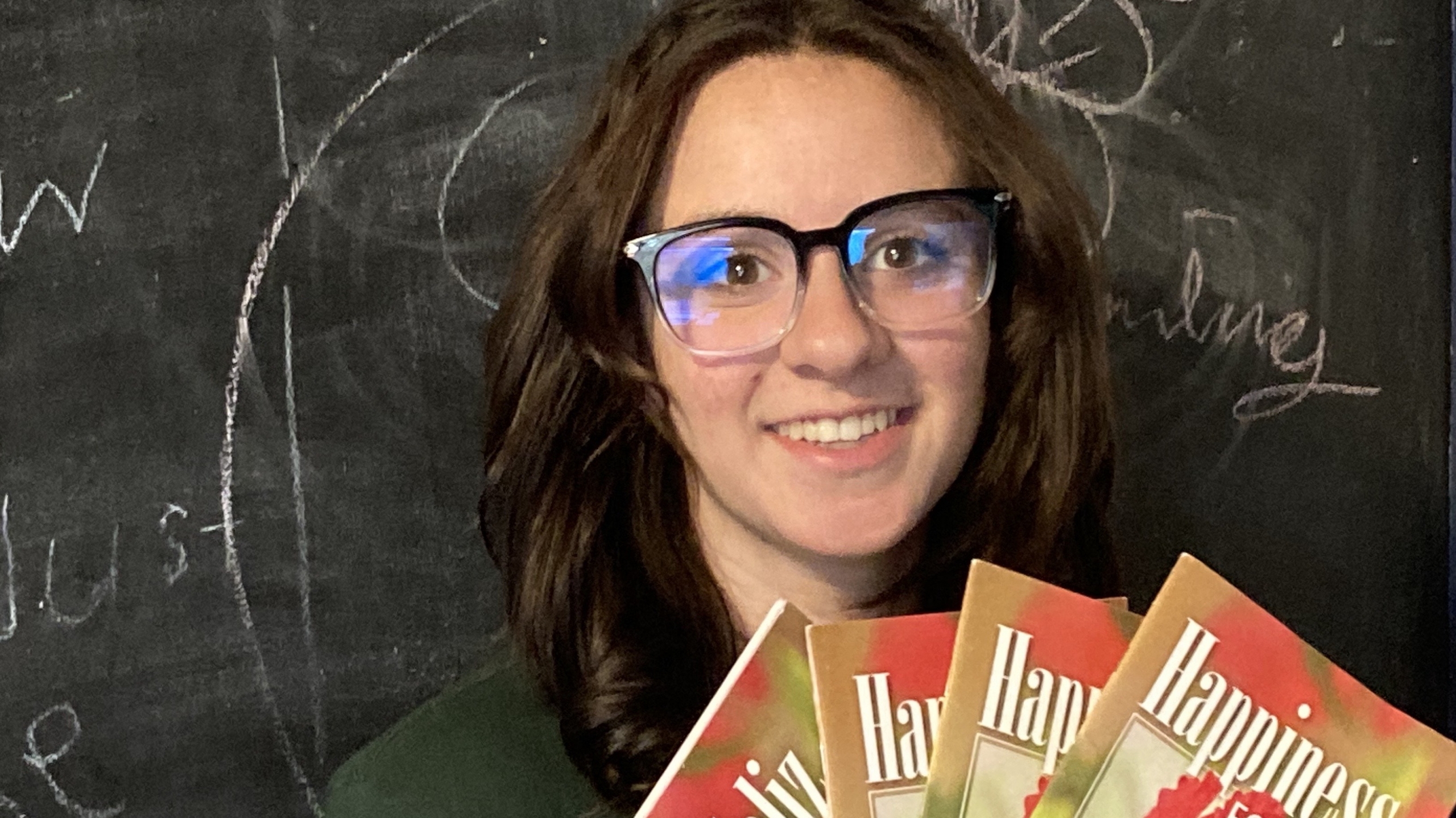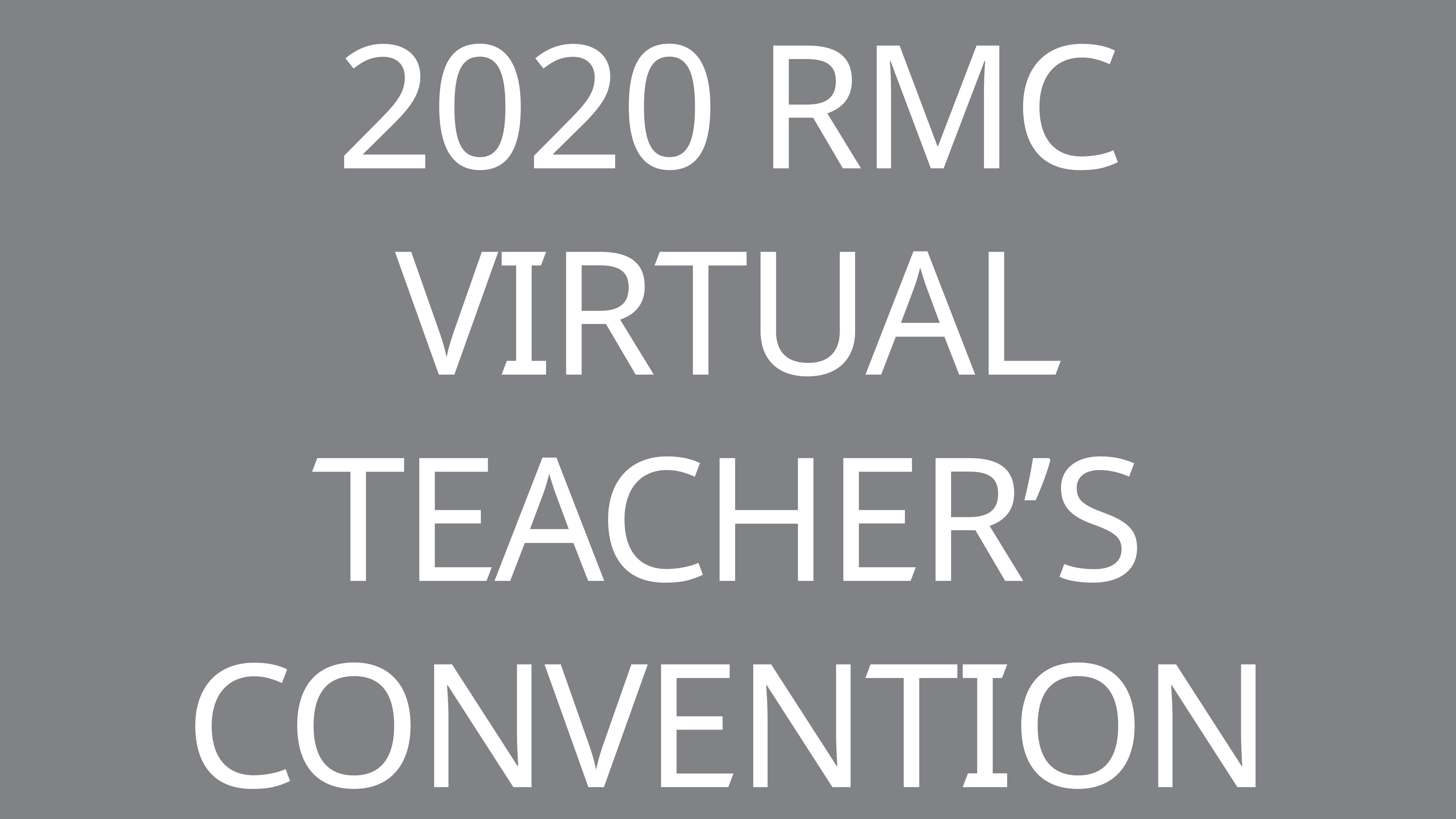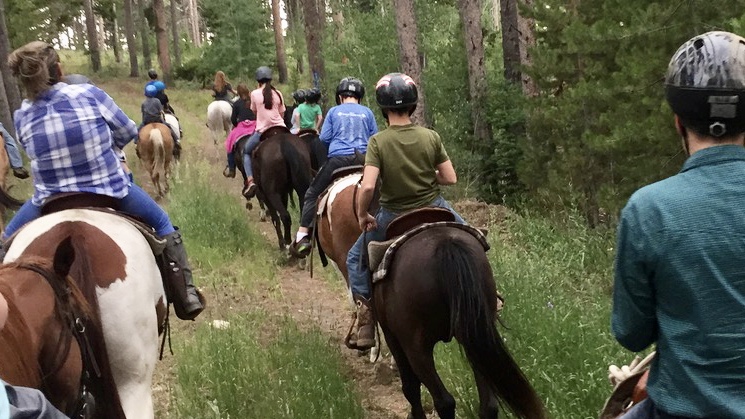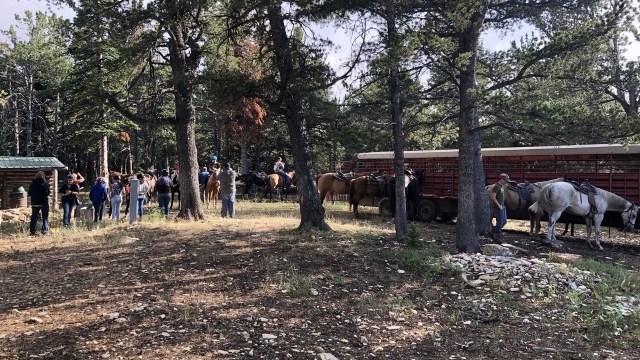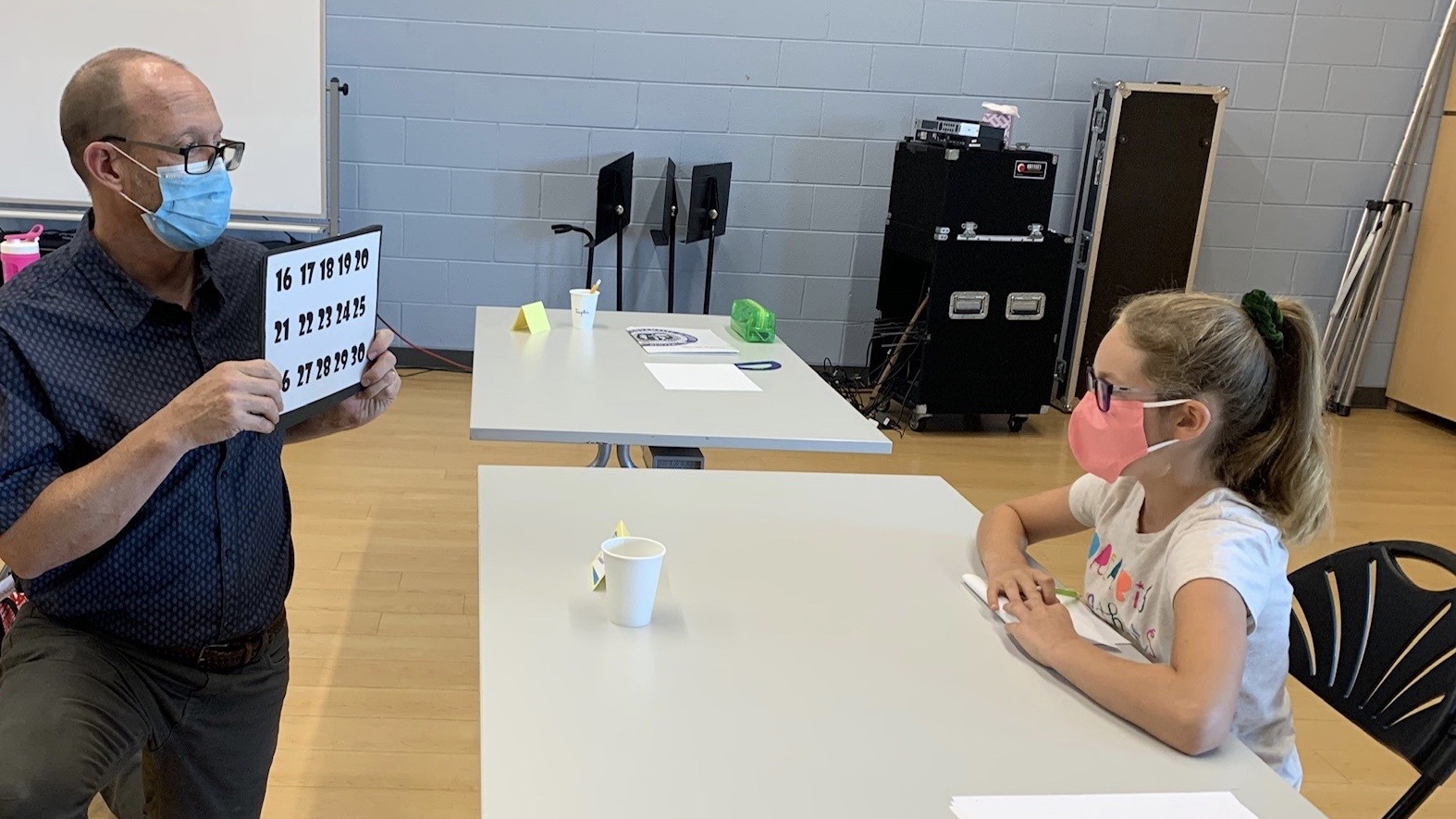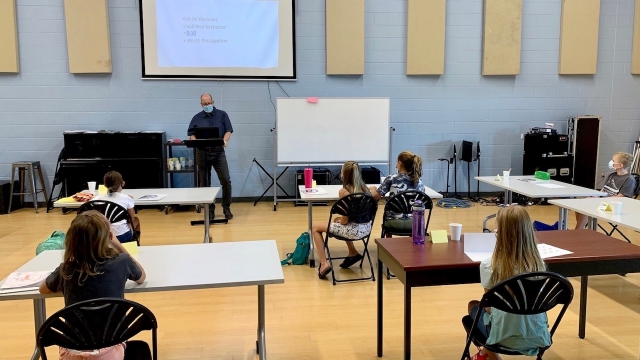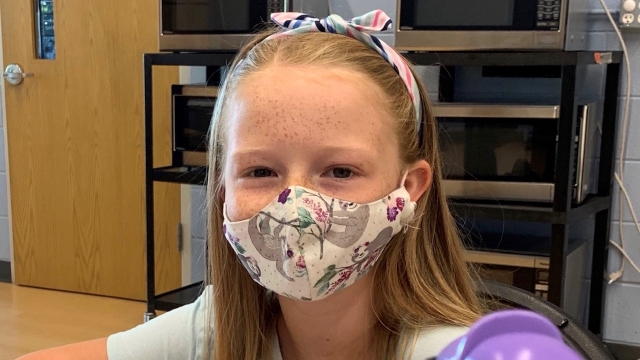By Chelsea Inglish — Several years ago, I had the privilege of working at a place called Camp Wawona. Wawona is located inside Yosemite National Park, a gorgeous section of mountains and valleys and forests and rivers in central California. It is full of wildlife, some harmless, some totally deadly.
The summer camp is perched on steep mountainous terrain, with a road full of switchbacks connecting the horse barn and pool at the top of the hill and with the kitchen and dining hall at the bottom. Along the road are various buildings and activity equipment, all in the midst of a thick forest of evergreen trees.
The dry, mountainous air gets cold at night, and we woke up each morning to a crisp temperature. But as the day wore on, the bright sun in a cloudless sky would heat the place up. I’ll never forget the smell of pine needles roasting in the heat of the day. To this day, it is one of my favorite scents.
The stars were amazing. At Wawona, when you look up at night, you can understand why we call our solar system the Milky Way.
One section of road, a switchback on that steep hill, didn’t have a single lamp, nothing to light the path after dark, and because of the trees, you couldn’t see very far ahead or behind. This part of the road had earned itself a bit of a reputation, because once, one of the camp staff had turned the corner on the road and seen two mountain lions slinking through the trees and off into the forest. After that happened, this part of the road became known as Cougar Alley, and no one wanted to walk it alone after dark.
That’s not the only reason why. I said it was on a steep terrain, so if you happened to step off the pavement, you could tumble down the side of the mountain and probably only stop if you hit a tree–not a place you wanted to be alone at night. But sometimes, it just happened!
Many times, I found myself either at the bottom of the hill when I needed to be at the top, or vice versa, and I had to walk through Cougar Alley alone at night without so much as a cellphone to give me light.
In these moments, I could barely see my hand in front of my face, and I could have stepped right off the pavement and tumbled down the hill through the trees if I wasn’t careful.
However, there was a trick to making it through that section without falling off the path.
You had to look up.
When you looked up, you would see a road of stars cutting through the trees that matched the paved road. The stars of the Milky Way were the brightest, and if you looked up and followed the path of the stars, you would stay safely on the road, without falling off the edge, until you turned the next corner and could see lights from the buildings on down the way.
As terrifying as it was, I always felt comfort and safety when I looked up.
This year, so far, has felt a lot like walking through Cougar Alley in the dead of night, not able to see through the thick trees, not knowing exactly where the edge of the path is, not being able to see what is ahead or around me.
I have struggled with a lot of emotions. So much has happened, one thing after another, to wake me up to the reality of a world out of control. There is sickness in our world that has filled many of us with fear and caused people to shut themselves away at home in order to protect themselves and others. Events in America have filled many of us with sadness and rage and caused people to pour into the streets in protest.
2020 has driven us to our knees, praying for wisdom and guidance, protection and justice.
It has been a hard year, and it’s not over yet. We have many different ways to handle the stress and uncertainty, the distraction, worry and anxiety.
As Seventh-day Adventists, we have this little thing we do. When the world is groaning and we are filled with sorrow, we look up.
It is easy at times like this, to want to head for the hills. Pack everything up, get off the grid, and hunker down until Jesus comes. We want to survive the last days, and we often react fearfully to what we think are signs of the end times.
As Adventists, we have a long history of looking up. We also have a long history of looking around us. This is not the time to give that up.
It’s time to roll up our sleeves, look for those who are hurting the most in these uncertain times, and jump into the middle of it all. This is the time to do exactly what Jesus did when He was on this earth: to work to bring healing to the sick, freedom to the captive, and hope to the hopeless.
We are all in this together.
–Chelsea Inglish is associate pastor of Madison Campus Church in Madison, Tennessee and daughter of RMC’s Susan and Doug Inglish.


